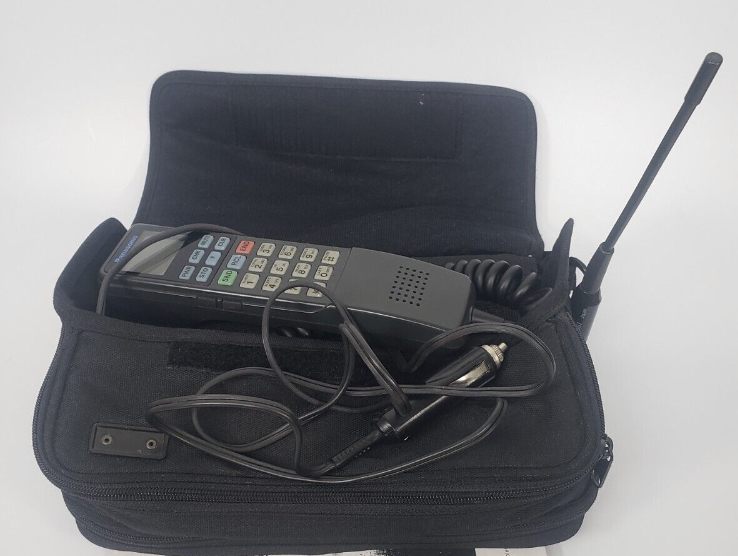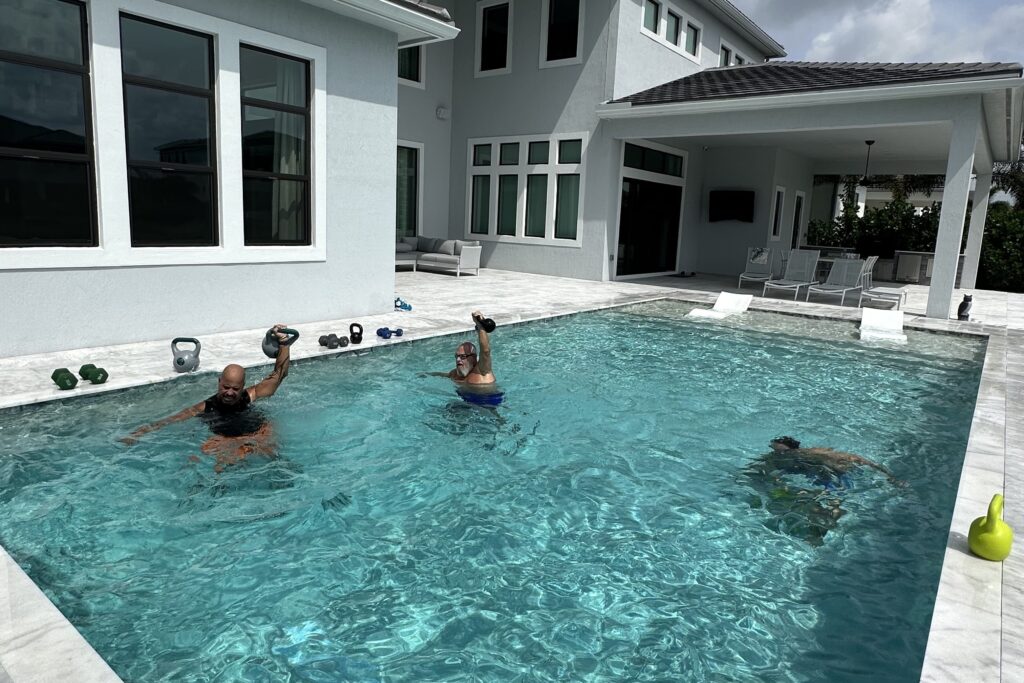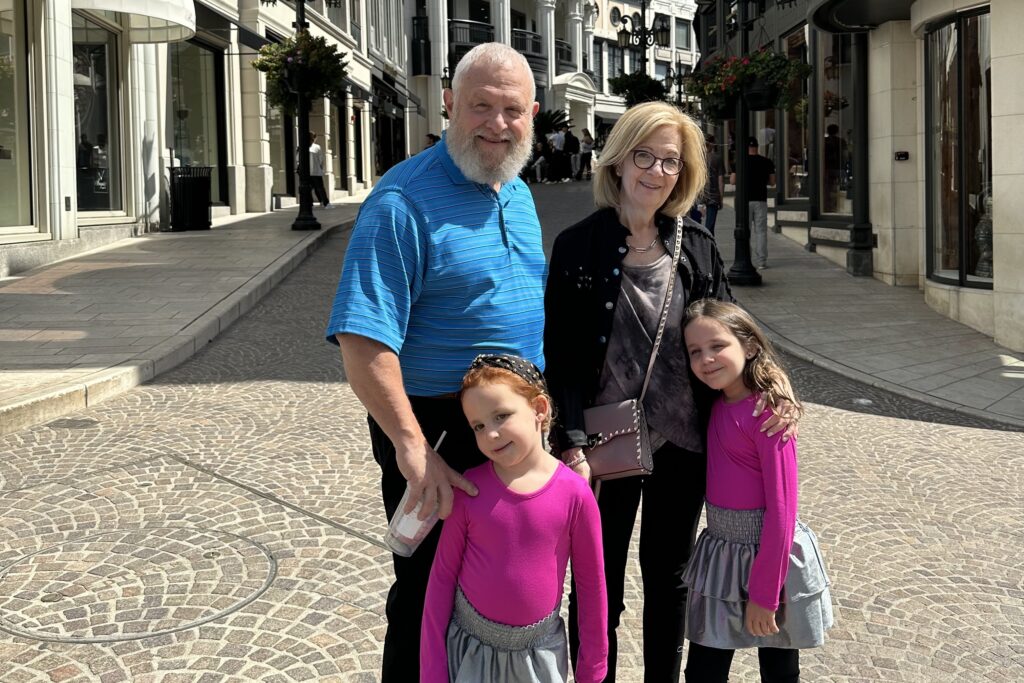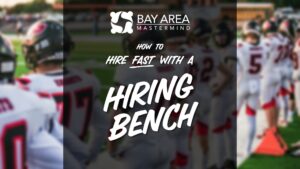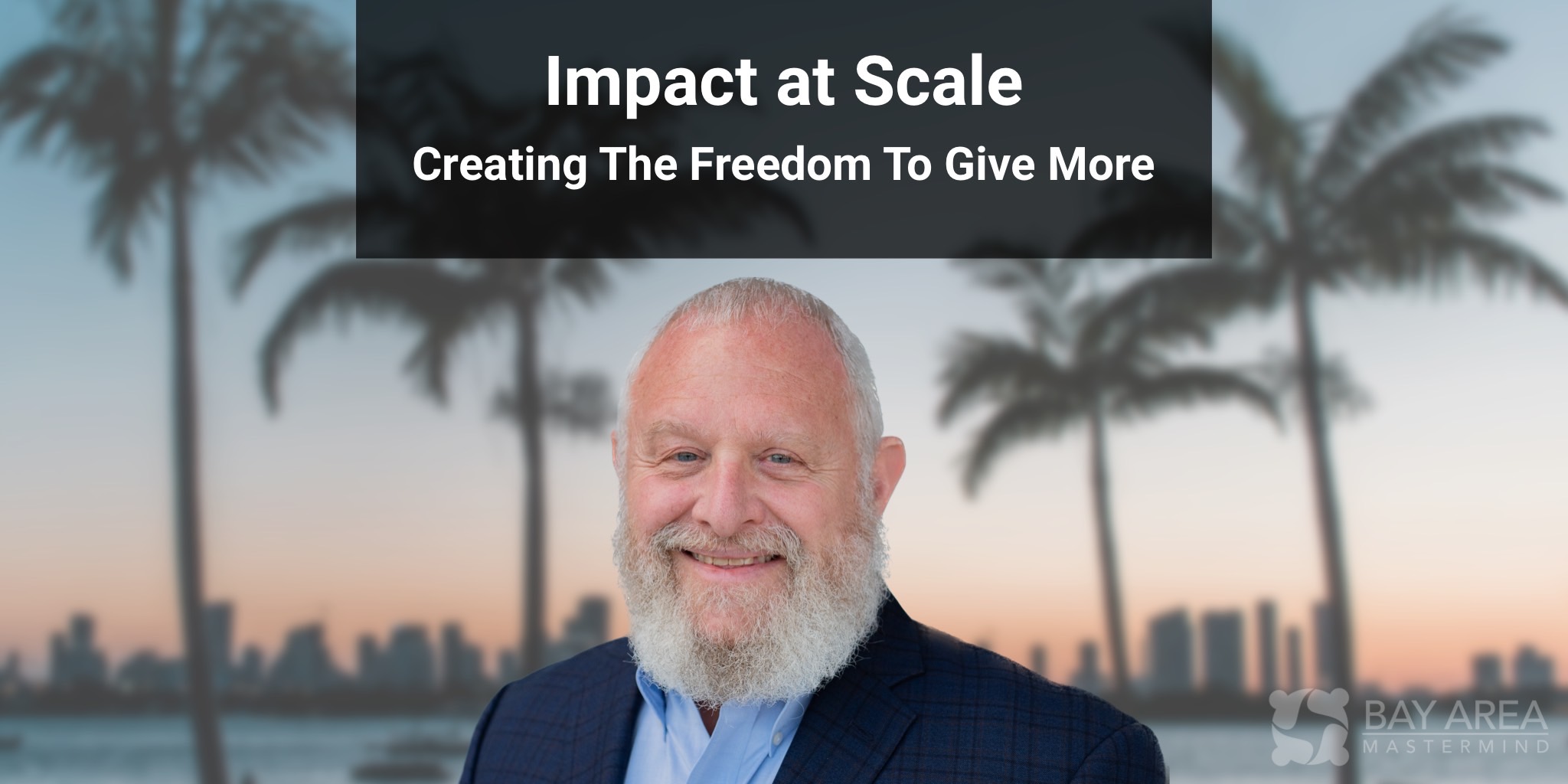
Trading dollars for hours isn’t a bad thing – especially when it pays well – but when you’re asking clients to trust you before even seeing results and you’re keeping your phone by your side even when on the beach trying to enjoy vacation, there’s got to be a better way.
But then… you discover your area of genius… You figure out what to offload, you hire right, and you take back control of your time, all while not asking your clients for a dime until you deliver.
The journey, however, is not without its challenges, but the destination is worth it.
Marc Freedman started his career over 40 years ago, helping clients increase revenues, and more importantly, reduce their expenses. The business model at the time was fixed price projects for clients big and small, which took a lot of trust on the client side.
Marc was focused on the expense reduction side of the equation and always bringing in a revenue growth partner to help on the top line, and one day his revenue partner said, “You’re always bringing me in for your projects, why don’t you just focus on the expense reduction?”
Expense reduction was Marc’s area of genius. He was really good at it. That might have just been the accountant in him, but when you’re working on saving clients millions of dollars across dozens of categories, it’s a win-win for everyone.
Having audited over 25,000 businesses and saved his clients over a billion dollars, he has pricing data that nobody else has and can negotiate with that kind of data. Serving clients with $20 million in revenue and up – with his largest client processing over $2 trillion in revenue in a year – allows for some tremendous cost savings.
As Marc began to specialize in expense reduction, he had the opportunity of a lifetime.
He could partner as a franchisee of an existing expense reduction brand, and get right into a business in a box. That opportunity, however, came with some strings. Not only a hefty fee, but a significant chunk of his revenue.
Being an entrepreneur, Marc did what we all do and with a deep breath and a leap of faith, he stepped forward and went at it on his own. He was even able to outsource many categories of expense reduction to the company.
Using nothing but cashflow to grow the business, he never had an Accounts Receivable. His feeling was that you always pay people when you get paid, which comes right from the Jewish Talmud. When you owe someone money, you pay them when they’ve earned their wages.
Even when attractive financing was offered, he turned it down.
“When it’s yours, it’s yours. You can do what you want, you’re not locked in.”
With specialization comes growth. And with growth can come growing pains. When the pandemic hit, businesses came calling looking for ways to reduce expenses, and new business was growing. It became clear to Marc that he couldn’t both focus on new business and also handle all the operations. There are only so many hours in the day. And there are so many other demands on your time in addition to working in the business.
Even with a younger family, Marc coached baseball, went to all the kids’ games, and made dinner with the family a priority. But that meant starting his day at the office well before the family was awake and working late into the night most nights.
Hiring a COO to handle operations changed everything for the better.
There was finally someone dedicated to just the operations of the business. When you’re constantly trying to work 10-12 hour days, you’re always trying to catch up, and you can’t catch your breath.
Marc was excellent at protecting certain parts of his time, namely the Sabbath – not working from Friday afternoon through Saturday night – and Jewish holidays. But with this newfound time, Marc was able to get back to morning workouts with his trainer, continue his habit of being home for dinner with the family, and focus on new partner opportunities and the always important “what’s next” for the business.
After the COO came an offshore VA. Then an ever growing in-house team.
“To expand, you’ve got to hire staff.”
Looking back, Marc would have hired staff sooner. It’s not an expense, but rather a critical investment in the business – and in oneself.
With the growth that comes from building out a team, Marc is able to not only help more businesses reduce their expenses but also make a bigger positive impact on the world, too.
Clients only pay on success, and they do so by sharing in the savings. 5% of all the fees paid get donated to a charity that’s important to the client.
In just this year alone, Marc’s business will have donated over one million dollars to charities.
Outside of the business, Marc invests in both real estate and the stock market. But he doesn’t do it blindly or alone. “Know that while you can be educated in what you’re doing, there are always people smarter than you. Seek out advice from others in areas you’re not proficient in.”
Still, Marc loves what he does and has no plans to formally “retire”.
The industry continues to evolve, and new categories of savings are always being added that help not just new – but also existing – clients save big. Employee Retention Tax Credits was a great new opportunity that arose from the pandemic, and he’s busy launching a new program with all of the tremendous data from all of the ERTC applications.
Next up is reducing workers compensation by 50% in connection with a wellness program. And reducing payroll taxes to save businesses around $100 a month per employee.
“From a Jewish standpoint, you’re not going to make any more if you work 12 hours or 5 hours. You are destined to make whatever is provided. Working less makes you more efficient.”
Marc is making a bigger impact by working less and doing what he loves. This empowers him to take care of his family, community, and world at large, not just with the business – but outside of it, too.
Key Takeaways from Marc Freedman’s Interview:
- Entrepreneurship allows you to control what you do, how you do it, and – most importantly – when you do it.
- You can’t do it all as you scale. Remembering everything becomes impossible as you grow. Hire a team, and sooner rather than later.
- Always pay your vendors, employees, and partners the same day they earn the wages. When you get an invoice, pay it. When you get paid, pay your affiliate partners immediately. It’s the right thing to do.
- When you work 10-12 hours a day, you’re always trying to catch up, and you can’t catch your breath. Take time off weekly (like the Sabbath) and for holidays and family time.
- Don’t return emails after 5 p.m. Or before 9 a.m. If you do, your team and your clients will expect that when they send you something, you respond right away. You teach your clients that you have a life outside of work, and that if it’s not an emergency, you will always get back to them timely.
- Hire smart both in your business as well as outside your business to set yourself up for success beyond your business. You can be educated in what you’re doing, but there are always people smarter than you. Seek out their advice.
